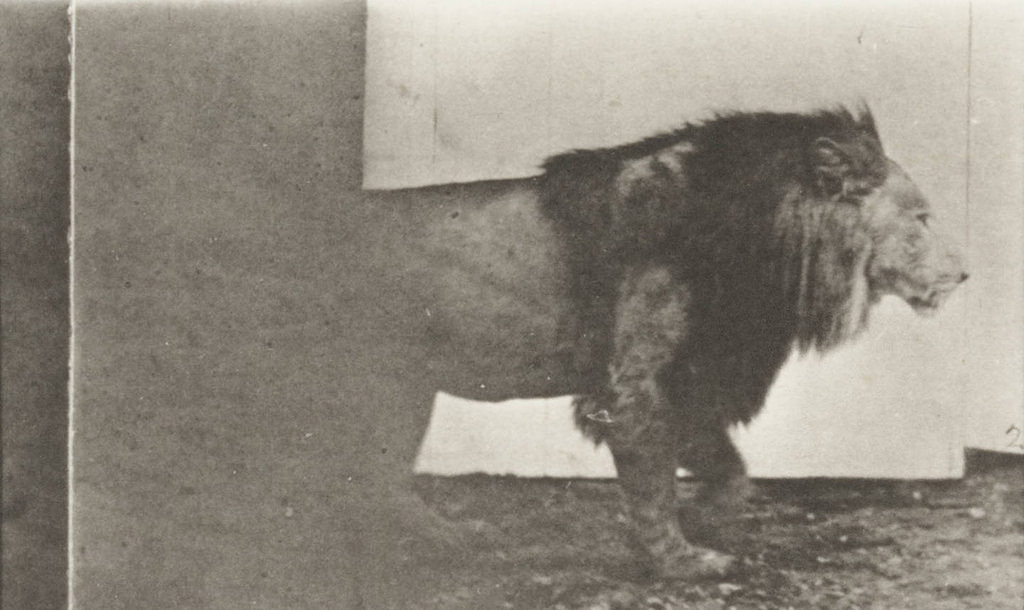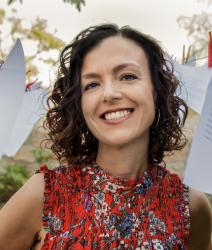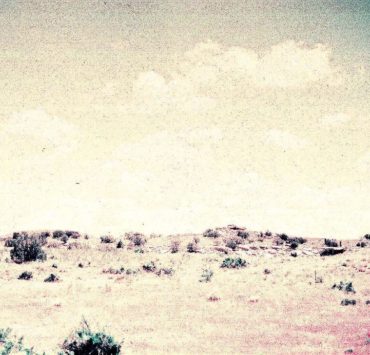
La Gitana Dormida
(Un león vigila su cuaderno de sueños)
La Gitana ha escrito durante años
una obra secreta que nadie jamás
conocerá, pero que ha empezado
a realizarse en la vida real.
Mientras ella continúa soñando
sus sueños forman el mundo.
El león, sin embargo,
no puede dormir.
Si deja de vigilarla,
ella podría despertar
y nosotros desaparecer
instantáneamente.
The Sleeping Gypsy
(A Lion Guards Her Dream Journal)
The Gypsy has been writing for many years
a secret text no one will ever
read, but which has begun
to materialize in real life.
While she continues dreaming
her dreams create the world.
The lion, however,
cannot sleep.
If he ceases to watch her,
she could awaken
and we vanish
instantly.
![]()
Horticultura
Durante épocas enteras
me cultivé a mí misma
como un demonio sin freno
y hoy me veo
con freno de mano
como niña de mano
deforme y delgada
en un jardín
de plantas de humo.
marzo 1972
Horticulture
For ages
I cultivated myself
as a freewheeling devil
and now here I am
a handmaiden
with a handbrake
diminished and deformed
in a garden
filled with plants of smoke.
March 1972
![]()
Cecilia Vicuña Ramírez Lagarrigue etc.
Cecilia del latín
“la que no ve”
Vicuña del euskara
“tierra baja”
Lagarrigue de la garriga
“formación vegetal”
del vasco francés
y Ramírez
patronímico de antiguo
hijo de Ramiro
Mezcla de reyes con idiotas
hidalguía y vulgo
mierda y barro.
junio 1971
Cecilia Vicuña Ramírez Lagarrigue etc.
Cecilia from the Latin
“she who cannot see”
Vicuña from the Euskara
“lowland”
Lagarrigue from garrigue
“vegetal formation”
from the French Basque
and Ramírez
ancient patronym
son of Ramiro
Mixture of kings and idiots
nobility and commoner
shit and mud.
June 1971
![]()
Lo Casual
La idea de encontrar lo casual como algo
que estaba cuidadosamente preparado
por una mano anterior que encadenó
sus formas estéticamente
para explicar un jardín desordenado
que está en el punto preciso de su desorden,
un gesto sin consumar, que se agita levemente
sin que se sepa qué va a ser de él.
La indeterminación, la musicalidad
del movimiento de algunas hierbas
abandonadas a sí mismas
doradas de sequedad
a causa de una emoción
que sufrió su dueña
que antes se ocupaba
tan tiernamente del alelí
y ahora ha dejado
que todo crezca
y solo visita el jardín
para dejarlo languidecer.
Azaroso y muelle
todo se ha cansado
y vive por casualidad.
29 agosto 1970
Chance Encounter
The idea of coming upon the unexpected
as something carefully arranged
by a prior hand that linked
all its forms aesthetically
to explain a disordered garden
at the height of its disorder,
a gesture not yet carried out, gently stirring
with no way of knowing what will become of it.
Indeterminacy, the musical
sway of certain grasses
left to fend for themselves
brown and parched
consequence of an emotion
the owner suffered
she who so lovingly tended
to the wallflowers
and now has let them
grow wild
who visits the garden
only to let it languish.
Precarious, given to its fate,
all has become weary
and by chance lives.
29 August 1970
Cecilia Vicuña is a poet, visual artist and filmmaker born in Santiago de Chile. The author of twenty two books of poetry, she exhibits and performs internationally. In Chile, she founded the legendary Tribu Noin 1967, a group that created anonymous poetic actions throughout the city. In 1974, exiled in London, she co-founded Artists for Democracy.
Rosa Alcalá’s translations of Cecilia Vicuna’s poems are from Vicuna’s first book, Sabor a Mí (1973). They will be published in Cecilia Vicuña:New & Selected Poems (1966–2015), edited by Rosa Alcalá (Kelsey Street Press, forthcoming.)
Image Credits: Ashley Van Haeften

Rosa Alcalá is a poet and translator from Paterson, NJ. The New York Times describes her third and most recent book of poetry MyOTHER TONGUE as capturing “the messy emotions and miscommunications that move between languages” and a reminder of “how little precedent there is for honest writing [about mothers and daughters], compared with the epic traditions of fathers and sons.” Her poems and translations have appeared in numerous journals, including Harper’s, The Nation, Poetry, and American Poetry Review, as well as in the anthologies Best American Poetry (Scribner, 2019 & 21. The recipient of a Foundation for Contemporary Arts Grant to Artists, a National Endowment for the Arts Translation Fellowship, and runner-up for a PEN Translation Award, she is the editor and co-translator of New & Selected Poems of Cecilia Vicuña (Kelsey Street Press, 2018). She is currently a Consulting Editor for the University of Chicago Press’ Phoenix Poets Series. Her fourth book of poems, YOU, is forthcoming from Coffee House Press in 2024.







